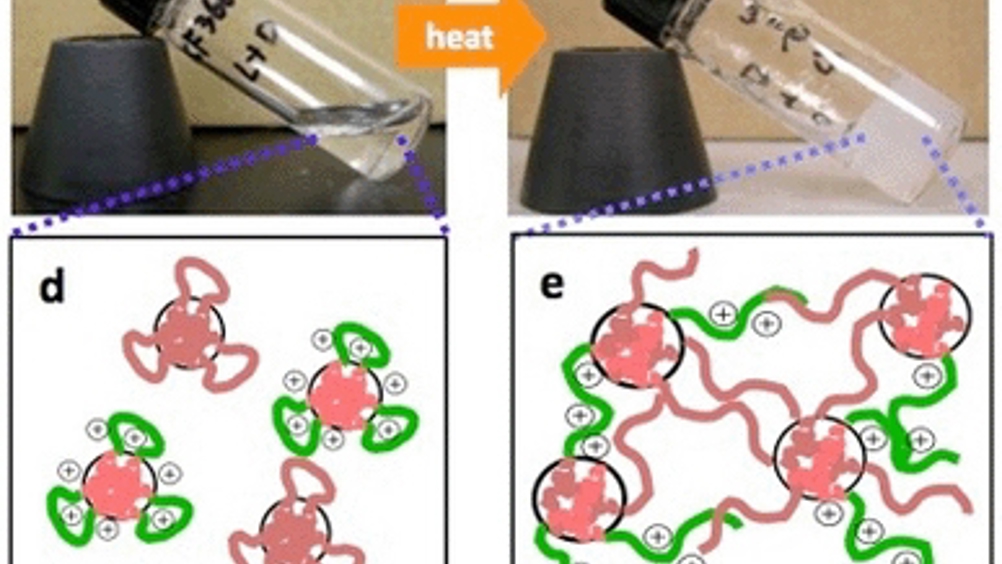Hydrogel can 'eradicate' drug-resistant bacteria
Researchers from IBM and Singapore’s Institute of Bioengineering and Nanotechnology (IBN) have developed an anti-microbial hydrogel claimed to penetrate diseased biofilms and eradicate drug-resistant bacteria upon contact.

The synthetic hydrogel, which forms when heated to body temperature, is said to be the first to be biodegradable, biocompatible and non-toxic, making it viable for combating health hazards facing hospital workers, visitors and patients.
IBM Research and its collaborators achieved this by developing a remouldable synthetic antimicrobial hydrogel, comprised of more than 90 per cent water, which, if commercialised, is reportedly suitable for applications such as creams or injectable therapeutics for wound healing, implant and catheter coatings, skin infections or orifice barriers.
Able to colonise on almost any tissue or surface, microbial biofilms — in this case adhesive groupings of diseased cells present in 80 per cent of all infections — persist at various sites in the human body, especially in association with medical equipment and devices. They contribute to hospital-acquired infections, which are among the top five leading causes of death in the US and account for up to $11bn in healthcare spending each year.
Register now to continue reading
Thanks for visiting The Engineer. You’ve now reached your monthly limit of news stories. Register for free to unlock unlimited access to all of our news coverage, as well as premium content including opinion, in-depth features and special reports.
Benefits of registering
-
In-depth insights and coverage of key emerging trends
-
Unrestricted access to special reports throughout the year
-
Daily technology news delivered straight to your inbox










Water Sector Talent Exodus Could Cripple The Sector
Well let´s do a little experiment. My last (10.4.25) half-yearly water/waste water bill from Severn Trent was £98.29. How much does not-for-profit Dŵr...